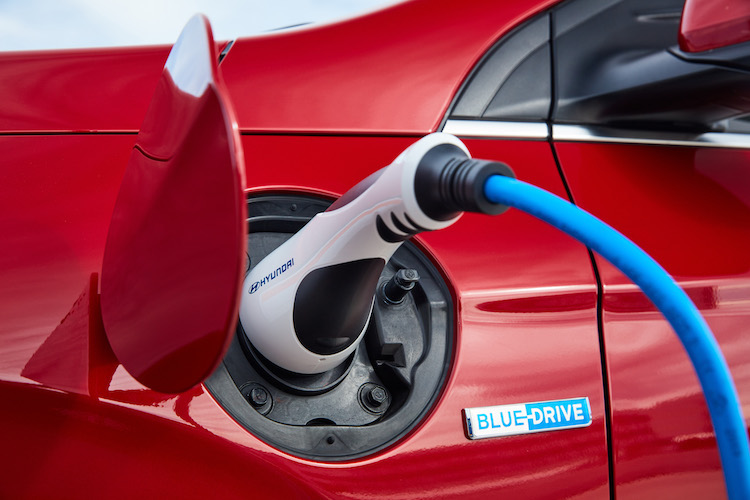
NZI has released an EV fleet guide aimed at businesses considering adding electrified vehicles to their commercial fleet and wondering if it’s the right move for both their business and their people.
According to the insurance brand it covers the benefits of EVs and hybrids, key considerations and challenges, team training, and charging infrastructure options.
It follows a 2022 report on advanced driver-assistance systems, prepared with insights from the NZI fleet risk management team who work with commercial fleets to create safer workplaces, improve driver performance, and help businesses leverage data to run more efficiently and mitigate risks.
NZI says New Zealand businesses are switching their internal combustion engine (ICE) fleets to EVs and hybrids in increasing numbers, however, it’s latest research reveals there are challenges to going green with a business fleet.
The NZI EV Fleet Guide looks at how businesses can overcome the challenges early adopters have faced to unlock the potential of the new technology.
“We’ve learned a great deal through our own EV Early Adopter Programme and working with our clients, the feedback so far has been overwhelmingly positive, and we’d like to help other businesses identify the benefits of an EV fleet,” NZI executive general manager Gary Taylor says.
A third of all new vehicles bought in December 2022 were EVs or hybrids and between 2019 and early 2023, New Zealand’s EV fleet grew from around 10,000 vehicles to nearly 60,000.
“Our research, which included interviews with fleet managers and commercial drivers, shows that over half of those we surveyed expressed concerns about the charge range of EVs, often based on negative stories about early EV models,” Taylor says
“There are a few common hurdles when businesses are looking at making the switch. Their biggest concerns are usually around charging and what we call range anxiety.
“This is a common concern as we move away from the familiarity of fuelling up at the local petrol station, towards the need for charging a vehicle. But this needn’t be the case as the technology rapidly improves.
“Unlike purchasing an EV for personal use, where the buyer is typically the driver, there’s also a need with business fleets to engage early on with those team members who will actually use the EV’s.
“Having conversations with your team early on about the switch to EVs is a good way to find out what concerns they may have and give you an opportunity to alleviate them. That will make a big difference to the success of the switch, along with making sure everyone is comfortable with the technology and charging options.”
Whether your EV fleet is charged using public stations, office-based chargers, or home-based ones, there are several options with differing costs and challenges and it’s important to work out what works best for your business.
“At NZI, we’re really excited about the future of EVs within the New Zealand light commercial fleet. From the research we’ve conducted, the anecdotal evidence we’ve heard from our clients, and our own experience as we transition our own fleet to EVs – it all paints a picture of technology that is already delivering – not only for business, but also for the environment.”
Why go green?
NZI’s research confirms the importance of sustainability as a driver for change. Of the fleet drivers we interviewed, 87% said sustainability was important to them, and 85% said it was important to the business. Further, 7 out of 10 fleet drivers felt more positive towards employers with EVs and/or hybrids as all or part of their fleet.
“About 20% of New Zealand’s greenhouse gas emissions are from transport. Because around 85% of our electricity is from renewable sources, going electric makes a massive difference.”
“NZI‘s early EV adopters tell us they’re excited about reducing their emissions. They’re also pleased to be saving money, as EVs are cheaper to run and maintain.”
What NZI’s early EV adopters say
NZI business development manager, Judy Franklin, says “Less air pollution and they are quiet. No trips to the service station to spend lots of dollars on fuel.”
NZI senior business development manager, Malanie Gibson, says “Reducing emissions to help the environment. The cost of power is much lower than the cost of petrol and I no longer have to visit a service station!”
NZI senior business development manager, Loren Greig, says “It can feel like a big change and you worry that you’ll run out of battery, but the reality is, it’s just another car with a slight difference to it. You’ll soon be in the flow of it and I’m sure you’ll love it!”








